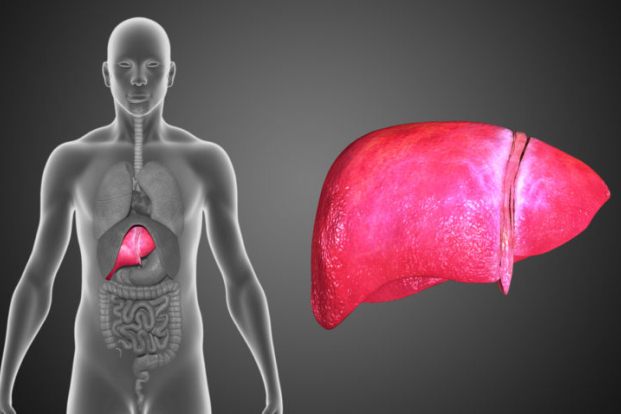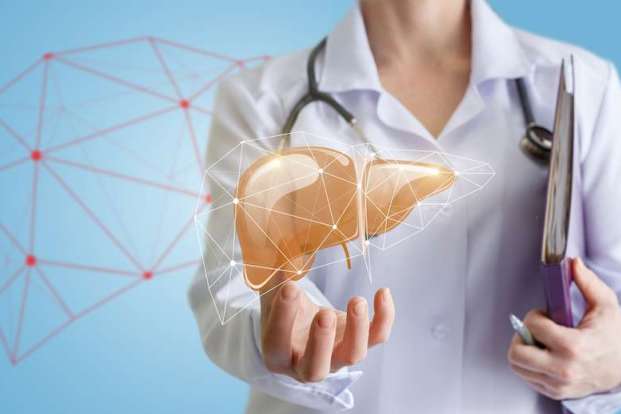Categories
- Bariatric Surgery (11)
- Black Fungus (5)
- Bone Marrow transplant (3)
- Brain Tumor Surgery Navigation Technology (20)
- Cardiac Surgery (66)
- Cardiology (97)
- Computer navigation technology for joint replacements (20)
- Covid Vaccination (17)
- Critical Care (2)
- Dental (19)
- Dermatology (31)
- Dialysis Support Group - “UTSAAH” (11)
- Dietitian (33)
- Emergency Medicine (4)
- Emotional Health (11)
- Endocrinology (33)
- ENT (20)
- Gastroenterology and GI Surgery (53)
- General and Laparoscopic Surgery (21)
- General Surgery (4)
- Gynecology & Obstetrics (183)
- Hematology (20)
- Internal Medicine (294)
- Kidney Transplant (50)
- Kidney Transplantation (20)
- Lung Cancer (8)
- Minimal Invasive Surgery (1)
- Mother & Child (20)
- mucormycosis (5)
- Nephrology (61)
- Neurology (147)
- Neurosurgery (68)
- Nutrition and Dietetics (107)
- Omicron Variant (1)
- Oncology (288)
- Ophthalmology (10)
- Orthopaedics & Joint Replacement (86)
- Paediatrics (59)
- Pediatric Nephrology (3)
- Physiotherapy (5)
- Plastic & Reconstructive Surgery (6)
- Psychiatry and Psychology (90)
- Psychologist (28)
- Pulmonology (72)
- Rheumatology (13)
- Spine Services (21)
- Transradial Angioplasty (16)
- Urology (84)
Query Form
Posted on Apr 19, 2022
Hepatitis B Virus Infection During Pregnancy
Hepatitis B Infection during pregnancy is a major health issue. It needs immediate care and monitoring to ensure that the infection doesn’t spread to the baby in the womb. The important aspects to be taken into consideration are – the effects of the hepatitis virus on the mother and the fetus, the course of the infection and its effect on the pregnancy, the treatment and the management of the situation and the prevention of transmission. The treating doctors need to focus on the above-mentioned aspects. However, the most important aspect is to prevent the transmission of the Hep B virus from the mother to the baby.

Preventing transmission of Hep B virus from the mother to the baby
Prevention of mother-to-child transmission is the most important component of global efforts to reduce the burden of chronic HBV since worldwide vertical transmission (mother-to-child transmission) is responsible for approximately 50% of the chronic HBV infections.
- The babies at high risk – For an infant whose mother is chronically infected and has serologic evidence of active HBV replication based on detection of hepatitis B e antigen (HBeAg), the risk of chronic HBV infection is high and ranges from 70% to 90% by the age of 6 months.
- The babies with low risk – Children born to HBsAg positive but HBeAg-negative mothers have a lower risk of infection that ranges from 10% to 40%.
- Standard passive-active immunoprophylaxis: HBIg and hepatitis B vaccination need to be administered immediately (within 12 hours) after birth to infants of HBsAg-positive mothers significantly reduces the risk of HBV transmission.
Post pregnancy management in Preventing transmission of Hep B virus from the mother to the baby:
- Postpartum management should focus on the administration of HBIg and hepatitis B vaccine to the neonate within 12 hours, as the efficacy of HBIg declines as the time between birth and the initial dose increases.
- The hepatitis B vaccine series should then be continued with two additional doses (a total of three doses: one given at birth, one at 4 weeks to 2 months of age, and one at 6 months of age), and follow-up HBsAg and antibody to HBsAg titers should be tested at 9 to 15 months of age.
- This passive-active immunoprophylaxisregimen is associated with successful prevention of neonatal infection in 95% to 100% of newborns.
However, despite these measures, 5% to 10% of infants born to HBeAg-positive mothers subsequently become HBsAg-positive. This infection rate may be related to high levels of maternal viremia, intrauterine infection, or HBV mutation of the surface protein.
Importance of Fetal Medicine in Preventing transmission of Hep B virus from the mother to the baby:
More recent studies have confirmed the important role of HBV DNA in perinatal transmission. All cases of transmission occurred in those with very high HBV DNA
levels (>106 IU/mL).
HBV DNA levels should be tested at late 2nd trimester and those with levels > 106 IU/ml, should be started on Tab Tenofovir(300mg) at the start of 3rd trimester and it can be safely stopped after 6 months post-partum if otherwise, the lady does not fulfil the criteria for long-term treatment for HBV as per current AASLD guidelines.
Studies assessing the infection rate in infants born via cesarean section versus vaginal delivery have not been conclusive in showing a significant difference in neonatal HBV
infection and insufficient data exist to recommend changes in the mode of delivery for HBV-infected women.
The American Academy of Pediatrics has recommended that HBV infection should not be considered as a contraindication to breastfeeding of infants who receive the approved hepatitis B immune globulin (HBIG) and HBV vaccine.



